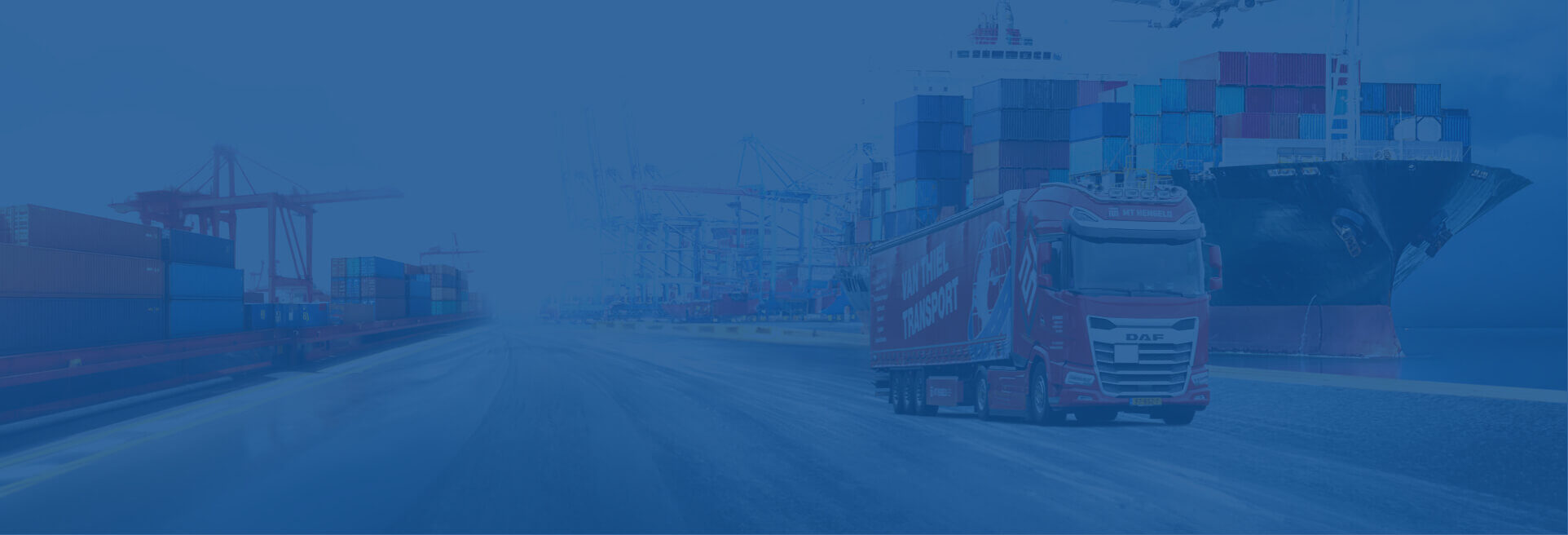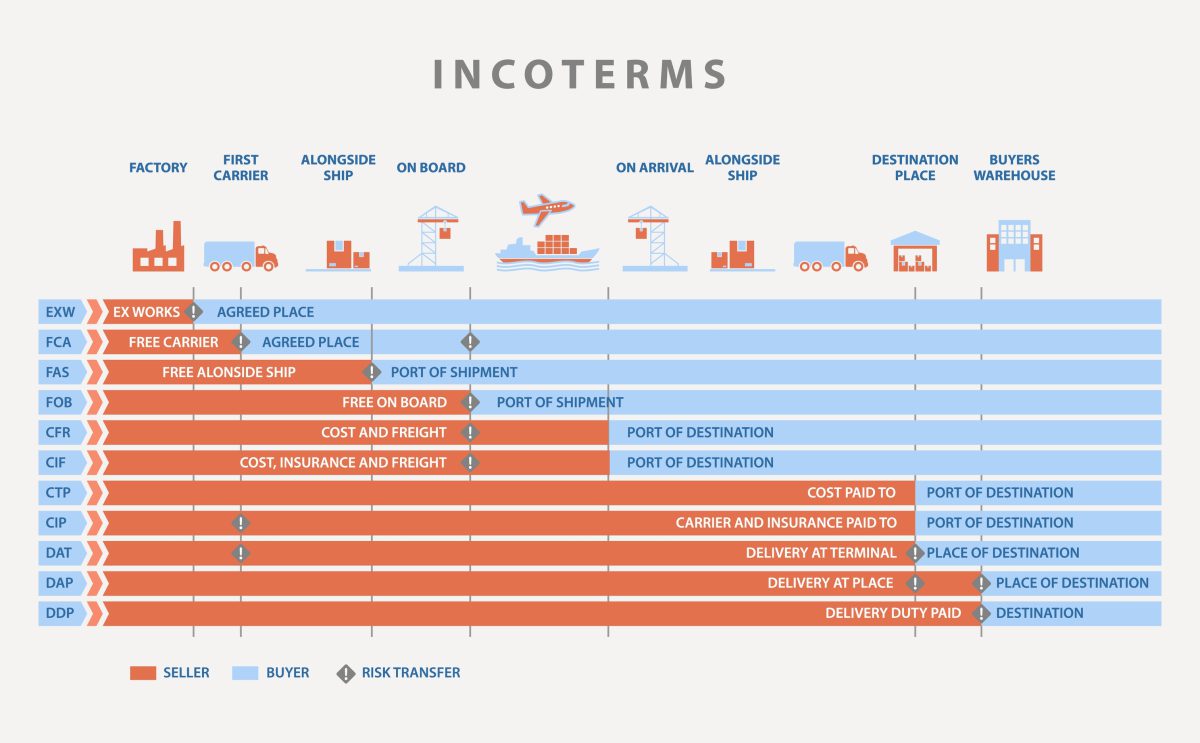Incoterms: clear agreements on your global transport
Van Thiel Transport advises on the conditions best suited to your transport needs

Incoterms (International Commercial Terms) offer globally recognised agreements around international transport. By including an Incoterm in your transport agreement, it is clear to everyone who arranges the transport, pays the costs and bears the transport risks. This provides certainty and avoids ambiguity about your rights and obligations, during or after the transport.
Van Thiel Transport helps you determine which Incoterm best suits your international transport needs. Contact us now for expert advice from our staff. On business days, you receive a response within an hour on average.
Incoterms 2020 provide clarity on who bears what responsibilities
Incoterms are drawn up by the ICC (International Chamber of Commerce). Every 10 years, the Incoterms are revised. The latest list from 2020 includes 11 Incoterms. Each Incoterm describes a set of agreements around transport. These agreements consist of:
Who arranges transport?
This part of the Incoterm defines which party (buyer or seller) is responsible for arranging the transport. This includes the means of transport, but also any additional logistics issues, such as transport insurance and customs clearance.
Who pays the costs?
The Incoterm describes who pays what transport costs. These are the direct costs of transport, but also additional costs, such as insurance and any import duties.
Who bears the risks?
The Incoterm defines which party bears the transport risks. Risks may include damage to goods, or loss of goods in transit.
What is the place of transfer?
Besides defining responsibilities using an Incoterm, it is important to define a place where responsibilities are transferred to the other party. This place could be, for example, a port, a means of transport, a warehouse or a border.
Expert advice on the right Incoterm for every transport
You don’t want any surprises during or after your transport. It is therefore important to always take a critical look at which Incoterm best applies to your transport. Van Thiel Transport staff are versed in the details of Incoterms. They will advise you so that you can export and/or import your goods with peace of mind at all times.

Four of the 11 Incoterms are specifically for sea freight:
- CFR – Cost and Freight
- FOB – Free On Board
- FAS – Free Alongside Ship
- CIF – Cost Insurance and Freight
The remaining seven are there for other modes of transport:
- EXW – Ex Works
- FCA – Free Carrier
- CPT – Carriage Paid To
- CIP – Carriage and Insurance Paid To
- DAP – Delivered At Place
- DPU – Delivered At Place Unloaded
- DDP – Delivery Duty Paid
Besides the means of transport, other things also play a role in determining the right Incoterm. This can be the transport type, such as FTL/FCL and LTL/LCL. Whether the goods cross the European border also matters.
Depending on the conditions agreed with the Incoterm, Van Thiel Transport will calculate the rate for your transport.

"*" indicates required fields



